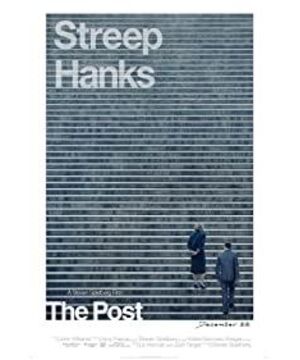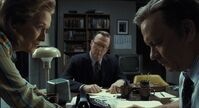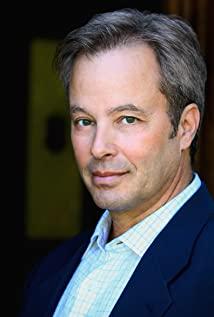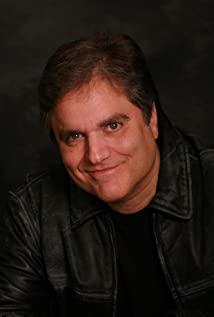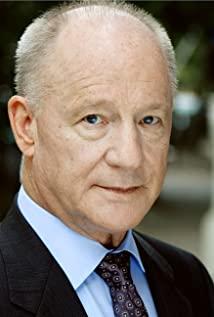After watching it, I understand why this 2017 Oscar-nominated film for Best Picture and Golden Globe for Best Feature Film has been banned.
For decades, successive U.S. presidents have deliberately concealed the truth about the Vietnam War from the public for political reasons, especially the reckless President Nixon.
Defense Secretary McNamara went to the front line to inspect and learned that no matter how many more troops were sent, it would not be possible to win, and he was furious with his subordinates. However, when he got off the plane and faced many reporters who were interviewing, he told everyone with a smile on his face: The situation is very optimistic. This is the face of a politician.
But this person still has a conscience. He asked the RAND Corporation to make an investigation report, faithfully recording the truth of the Vietnam War, and leaving it for scholars to study in the future.
Dan, an official of the Department of Defense, took advantage of his position to secretly photocopy the 47-volume, more than 4,000-page document, and then hoped that the New York Times or Washington Post would reveal the truth to the public.
"News is the first draft of history". Although the news will not be error-free and not always perfect, the duty and conscience of journalists is to tell the truth to the people. Citizens have the legal right to know.
However, the U.S. government believes that leaking state secrets will constitute a diplomatic and security disaster for the United States. He believes that "if the president cannot keep secrets and control them, the integrity of the president will be damaged."
Faced with the struggle between press freedom and national security, should you choose to avoid the risk of prosecution and jail time, as well as huge economic losses, or to fight for justice for the truth and freedom of the press? In an instant, the dilemma lay before the chairman and editor-in-chief of The Washington Post.
Ben Bradlee, editor-in-chief of the newspaper, said: "The newspaper is all about monitoring the power of the government. If we don't hold the government accountable, who will? If we live in a world where the government decides what to publish, then the Washington Post The newspaper is over."
What is harming national interests? How to define whether it endangers national security? The judgment of the newspaper's chairman, Kay Graham, was simply to ask Bradley, the editor-in-chief, "Can you guarantee that the report will not endanger any soldiers on the front lines?" After answering, she decided to make a final decision regardless of the risk of going to jail and the withdrawal of the banker's capital. What is bravery? This is true bravery.
The televised interview said: "The people of this country will not tolerate being ruled by a president alone without the help of Congress, with more regard to foreign affairs than domestic affairs. I am appalled that exposing what President Nixon did would be considered treason. "It brings out the message that it is treasonous to damage the reputation of a government or someone's reputation. It's almost like: I am the country. But government is empowered by the people. The constitution gives separation of powers."
"Leaking state secrets is treason." This is Nixon's logic. Nixon's way of thinking was: "If you don't agree with me, I will find a way to destroy your body". The state machine means violence, and it would be horrific if a president in control of the state machine could abuse that violence unchecked.
Justice Blake's view is: "The Founding Fathers gave freedom to the press, which must be guaranteed to fulfill its vital role in the nation's democracy. The press serves the people, not the government."
Without the First Amendment to the US Bill of Rights passed in 1791, which added protections for freedom of the press and freedom of the press, the Supreme Court could not have finally passed a 6:3 ruling in favor of newspapers. On the other hand, if there is no freedom of the press, it is impossible to expose the deceptive lies of the US government that mislead the people; if there is no public opinion pressure from public opinion, it is impossible to end the Vietnam War.
Behind the lies are many media who deceive themselves but have the right to speak, as well as millions of ignorant people who are willing to continue to believe the lie even if it is exposed. Many people are not unaware of the existence of ugliness, but they are accustomed to ugliness and self-comfort, they choose to turn a blind eye and collective silence.
However, exposing a lie is like exposing the emperor's new clothes, which is extremely dangerous. A good system makes brave people more dignified, while a bad system makes more people walking dead, lambs to be slaughtered.
View more about The Post reviews


